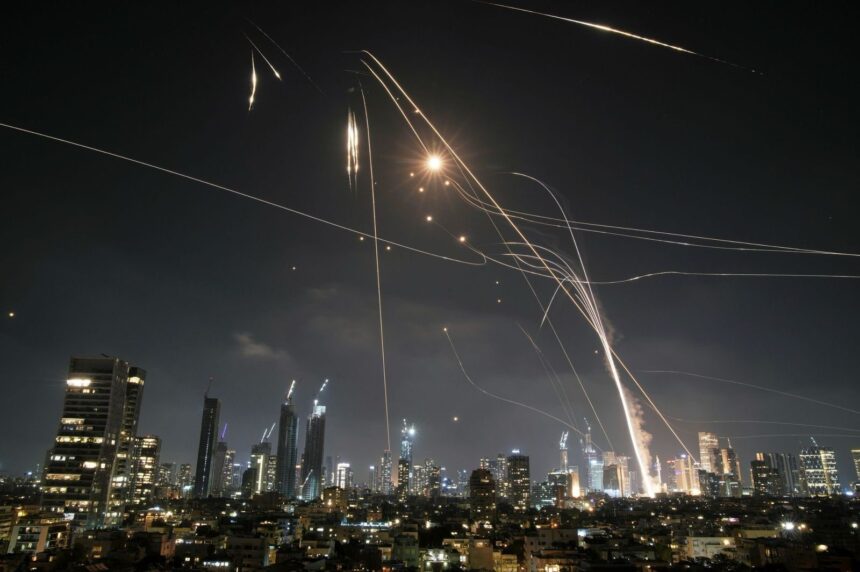As Asian countries continue to develop economically, the demand for electricity is rapidly increasing. Hydro and thermal power resources are proving expensive, and thermal energy, in particular, significantly pollutes the atmosphere. As a result, many countries are turning towards atomic energy for electricity generation.
In Asia, at least 15 countries currently utilise atomic energy for power generation. These nations have established nuclear power plants and are producing electricity through nuclear energy. Among them are China, Japan, North Korea, India, and Pakistan. Several other countries are in the process of building new nuclear reactors, recognising that with minimal fuel, nuclear power delivers a high yield of electricity—making it extremely economical. Many Asian nations have prioritised the construction of atomic reactors, with additional projects already included in future plans. This trend signals a shift towards nuclear energy and a gradual decline in reliance on other fuels.
There are, however, negative examples. The Bataan Nuclear Power Plant in the Philippines, completed in the 1970s, has never been used due to safety concerns.
Asia Leads in Nuclear Growth
Asia is now the leading region in the world for expanding electricity generation capacity, particularly nuclear power. Across the continent, there are approximately 145 operable nuclear power reactors, 45 under construction, and around 60 planned.
China
China is progressing rapidly, with 58 operational reactors (56.9 GWe net), 32 under construction (36.8 GWe gross), and 44 planned (44.4 GWe gross). About 50% of all reactors under construction globally are in China. From January 2014 to January 2024, 70 new reactors were connected to the grid worldwide—37 of these were in China. This demand for nuclear power is driven by efforts to reduce air pollution from coal plants and address climate change.
India
India operates 24 reactors (8.1 GWe), has 6 under construction (5.2 GWe), and 14 planned (9.4 GWe). India has achieved independence in its nuclear fuel cycle and remains committed to expanding nuclear capacity as part of its major infrastructure development programme. Notably, India was also the first Asian country to develop atomic weapons.
Kazakhstan
Kazakhstan, the world’s largest uranium producer, operated a single reactor from 1972 to 1999. In October 2024, 70% of voters supported new nuclear energy projects in a national referendum. In June 2025, the country selected Rosatom to build its planned plant in the Almaty region.
South Korea
South Korea has 26 operational reactors (25.8 GWe), 3 under construction (4.2 GWe), and 1 planned (1.4 GWe), meeting about 25% of its electricity needs through nuclear power. A policy introduced in 2017 aims for nuclear energy to provide at least 30% of electricity by 2030.
Uzbekistan
Uzbekistan plans six reactors (0.3 GWe) and currently generates most of its electricity from natural gas. The country is working on a six-unit small modular reactor plant in the Jizzakh region, based on the Russian 55 MWe RITM-200N reactor.
Other countries, including Bangladesh, Japan, Indonesia, and Vietnam, have also prioritised nuclear energy development.
Snapshot of Nuclear Status in Asia
- Bangladesh: 2 power reactors under construction, 1 research reactor operational
- Japan: 33 power reactors operational, 2 under construction
- India: 24 operational reactors, 6 under construction, 14 planned
- Indonesia: 3 research reactors operational
- Malaysia: 1 research reactor operational
- Vietnam: 1 research reactor operational
- North Korea: Research reactors operational
- Kazakhstan: 2 power reactors planned, 4 research reactors operational
- South Korea: 26 operational reactors, 3 under construction, 1 planned
- Uzbekistan: 6 power reactors planned
Asia remains the primary region driving global nuclear growth, signalling a major shift towards cleaner and more sustainable energy production for the future.












